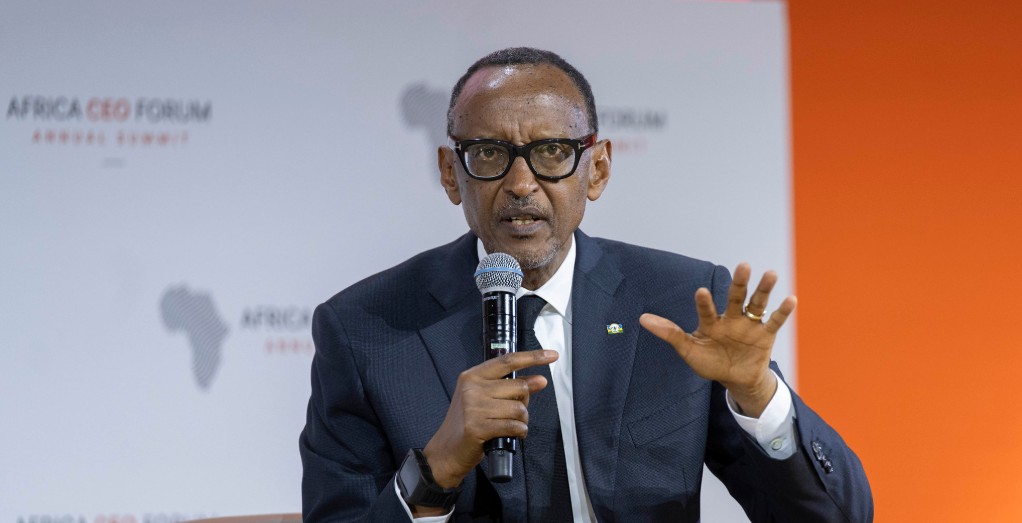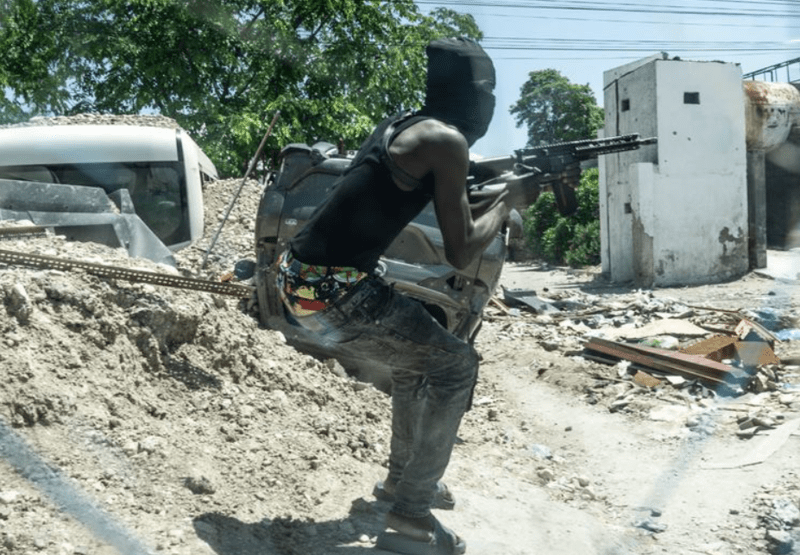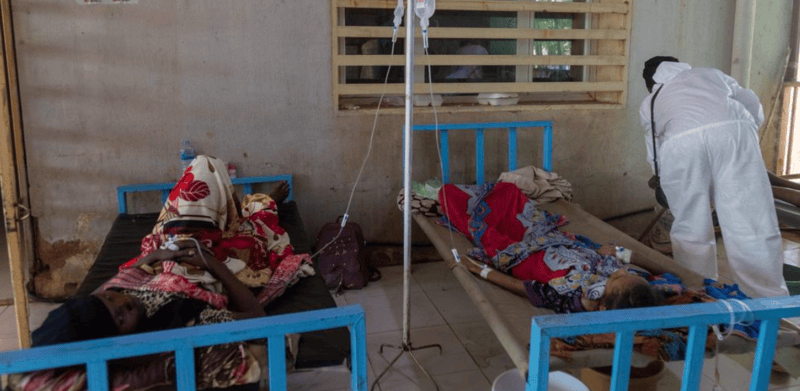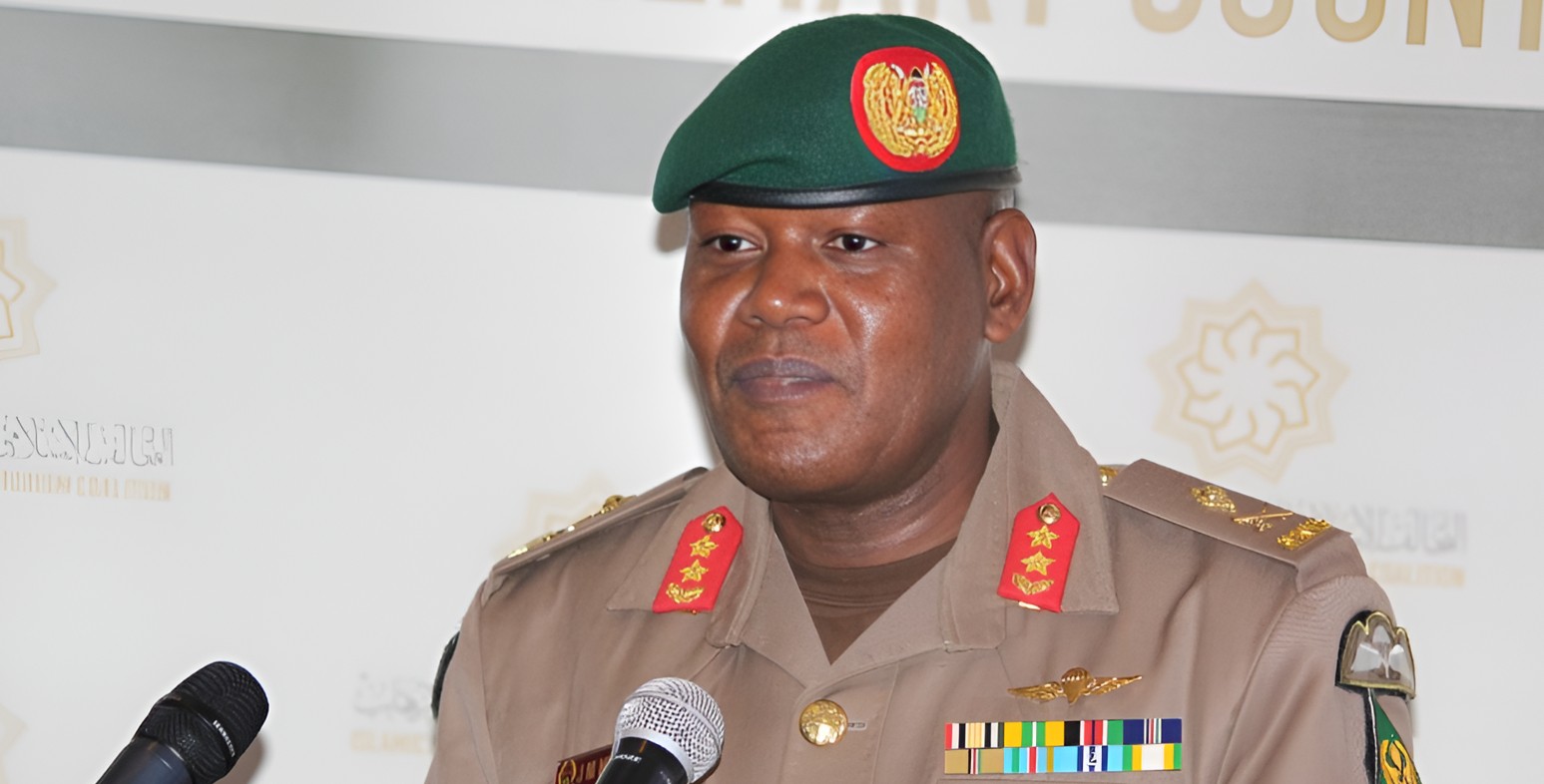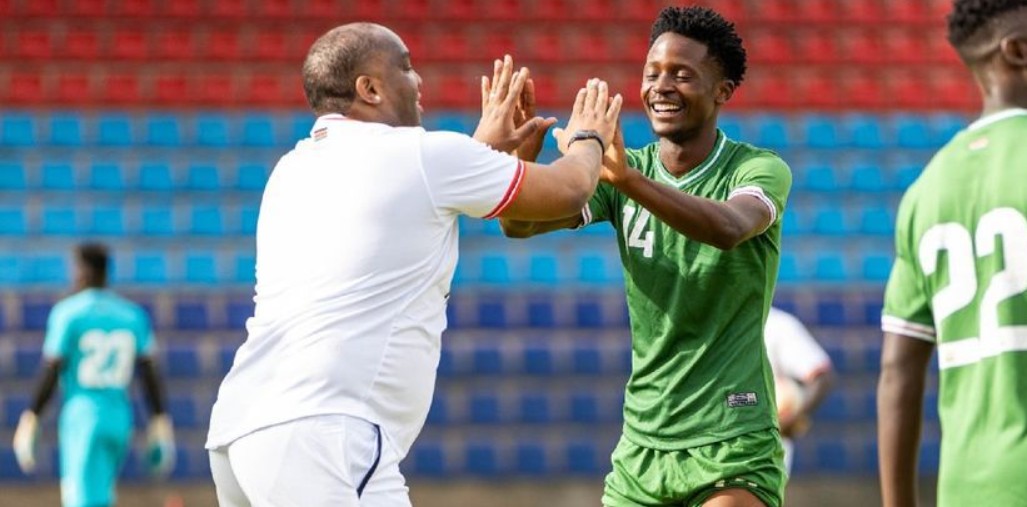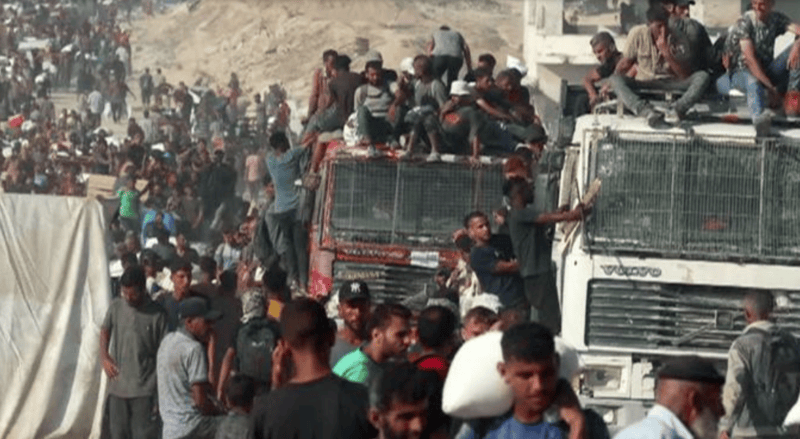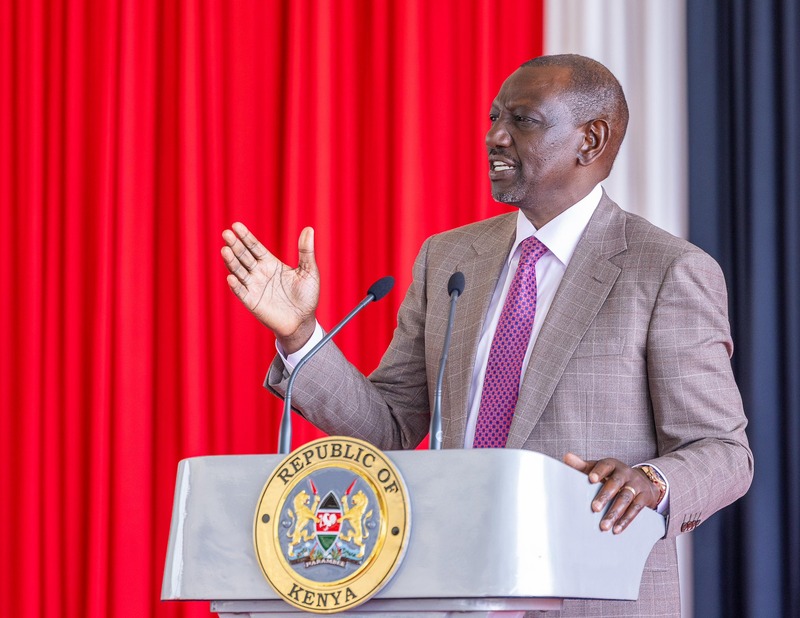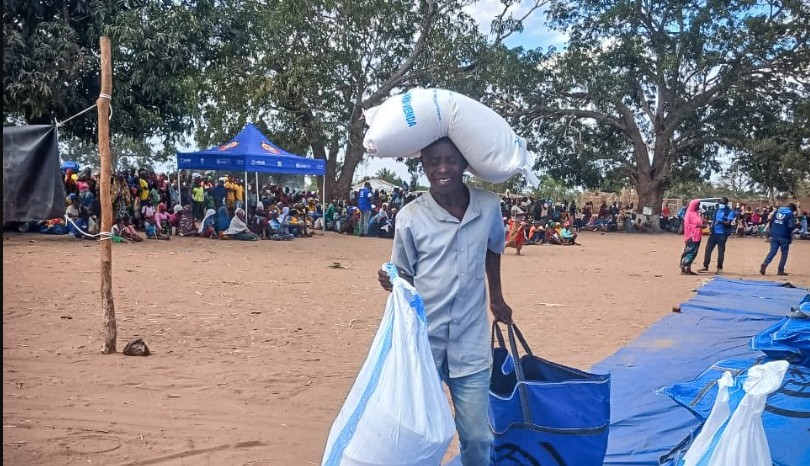Sudan declares UAE 'aggressor state' as it cuts ties
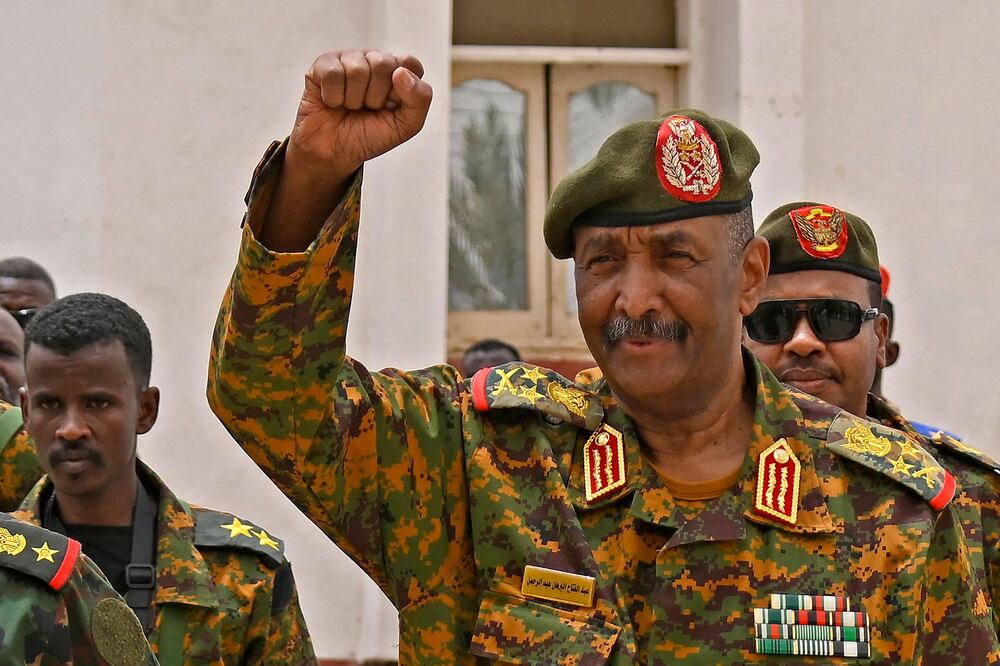
The accusation follows a setback for Sudan on the international stage. On Monday, the International Court of Justice (ICJ) dismissed a case brought by Sudan accusing the UAE of violating the Genocide Convention by supplying arms to RSF forces operating in Darfur.
Sudan has officially severed diplomatic ties with the United Arab Emirates (UAE), accusing the Gulf nation of backing a paramilitary group responsible for widespread violence across the country.
In a nationally televised address on Tuesday, Sudanese Defence Minister Yassin Ibrahim announced the decision following an emergency meeting of the Security and Defence Council, chaired by army chief General Abdel Fattah al-Burhan.
More To Read
- Cholera spreads in Sudan's North Darfur, 640,000 children under threat, UNICEF warns
- Mounting civilian casualties in Sudan as fighting intensifies
- World Court just ruled countries can be held liable for climate change damage – What does that mean for US?
- Starvation, desperation grip Sudan’s El Fasher as war cuts off food, triggers soaring prices
- Sudanese army accuses RSF of handing over Zamzam camp to Colombian mercenaries
- Sudan: Is a rival government splitting the country in two?
"The Council decided to declare the United Arab Emirates a state of aggression, sever diplomatic relations with it, and withdraw the Sudanese embassy and consulate general," Ibrahim declared.
The move marks a sharp escalation in tensions between the two nations, as Sudan continues to grapple with a devastating internal conflict between the army and the paramilitary Rapid Support Forces (RSF), which erupted in April 2023.
Sudan’s government has long accused the UAE of supporting the RSF, describing it as a “rebellious terrorist militia” and alleging that the UAE has fuelled the conflict by providing advanced weaponry.
“For more than two years, the UAE has been carrying out aggression against Sudan’s sovereignty and the safety of our citizens,” said Ibrahim. “We reserve the right to respond by all means to protect our territorial integrity and our people and to ensure humanitarian aid reaches those in need.”
According to the Sudanese defence ministry, the RSF has launched numerous drone attacks on both military and civilian infrastructure in recent months, including airports and power stations across the country’s northern, central, and eastern regions.
Officials further claimed that the drones, some capable of carrying 50-kilogram explosive payloads, were supplied by the UAE and launched in part from neighbouring Chad.
The accusation follows a setback for Sudan on the international stage. On Monday, the International Court of Justice (ICJ) dismissed a case brought by Sudan accusing the UAE of violating the Genocide Convention by supplying arms to RSF forces operating in Darfur.
The court ruled it had no jurisdiction to hear the case, rejecting Sudan’s request for emergency measures aimed at preventing further violence against the Masalit tribe, which has faced ethnically targeted attacks by the RSF and allied militias.
Reem Ketait, the UAE’s Deputy Assistant Minister for Political Affairs, welcomed the ruling.
“This decision is a clear and decisive affirmation of the fact that this case was utterly baseless,” she said. “The UAE bears no responsibility for the conflict in Sudan. On the contrary, the atrocities committed by the warring parties are well-documented.”
The ICJ’s 14–2 vote in favour of dismissal has sparked fresh anger in Khartoum, where officials insist that the UAE’s involvement has worsened the humanitarian crisis and endangered millions.
In a strongly worded statement, Sudan accused the UAE of ramping up its military support when it became clear the RSF was suffering heavy losses. "They escalated their involvement with strategic weapons that directly targeted vital facilities, placing civilians’ lives and property in danger and threatening regional security, particularly in the Red Sea," the statement said.
The diplomatic fallout adds another layer to Sudan’s already volatile situation, with the population enduring the consequences of war, displacement, and a growing humanitarian emergency.
Top Stories Today
- No direct evidence linking student to fake Ruto death post, data analyst says
- US warns of heavy gunfire near its embassy in Haiti
- Rwanda agrees to take 250 migrants deported from US in bid to deepen ties with Washington
- New report warns 19 counties without proper disease testing facilities
- A father, a witness: Gaza journalist documents war while living its daily horror
- Cholera spreads in Sudan's North Darfur, 640,000 children under threat, UNICEF warns
